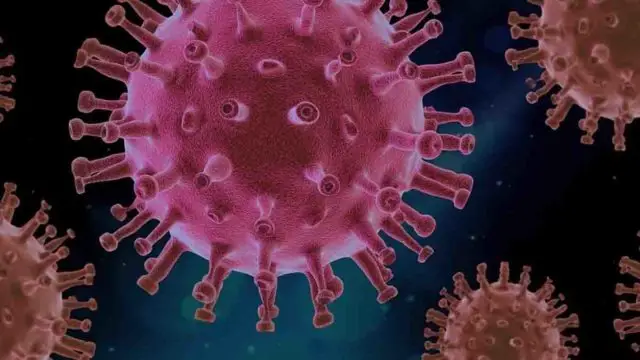Health minister Daniel Salas, assured that Costa Rica has not yet had such a devastating impact from the COVID-19 thanks to compliance with the health measures. “The Pandemic in Costa Rica has been contained thanks to compliance with the measures in the population and the country’s robust health system”, according to Salas. “Those who refuse to comply with the instructions are few”, he added.
“One factor that has helped a lot has been that the majority of the population has been responding satisfactorily to all the measures,” Salas said at a press conference. “When I try to tell people that do not want to comply – that are in denial, that say there is no pandemic and that they do not want to apply measures – I am actually speaking to a small minority of the population. But this minority unfortunately exposes many other people,” he added.

In August, a survey by the Center for Research and Political Studies (CIEP) of the University of Costa Rica (UCR) indicated that only 1% of the population believes that the Pandemic is not a real risk. For Salas, in addition to the initial compliance with measures, another factor that has contained the impact of COVID-19 in Costa Rica has been the attention by the Costa Rican Social Security Fund (CCSS).
“We cannot deny the excellent health care system in the public sector, where we have professionals of the highest level in the CCSS, and a hospital network that covers the entire country,” Salas said.
Currently, the fatality rate in Costa Rica is 1%. In comparison, Panama’s is 2.1%, Honduras’s is 3%, Guatemala’s is 3.6%, and El Salvador’s is 2.8%. This according to the official reports of each country.
With the fulfillment of the health measures, Costa Rica gained time, in which scientific discoveries were made about the novel Coronavirus. For example, on June 16, researchers at the University of Oxford found that the steroid dexamethasone – a cheap, widely available drug now used by the CCSS – improved those hospitalized with severe COVID-19. Costa Rica had, at that time, 1,796 confirmed cases; while Guatemala had 10,706, Panama had 21,962, and Honduras had 9,656.
Despite this, “Costa Rica is still vulnerable to an exponential increase in cases, in which the case fatality rate could increase”, the microbiologist specialized in virology, Eugenia Corrales, said . “The fatality rate is low for now. As the cases increase, also do complications and the mortality rate,”said Corrales.

